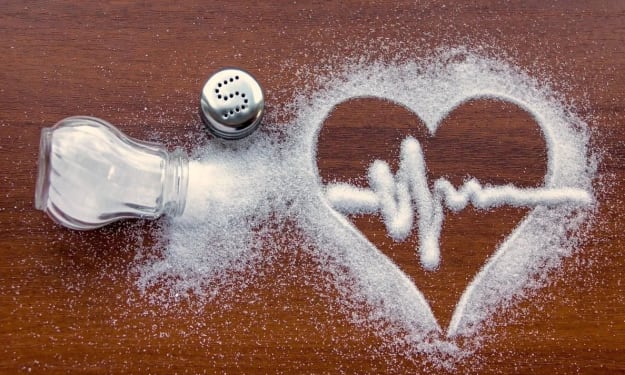The Aftermath of Quitting Steroids: A Journey Through Recovery
Navigating the Road to Recovery: What Happens When You Quit Steroids

In the world of fitness and bodybuilding, the allure of quick muscle gains has driven an increasing number of people to turn to steroids. However, the dark side of these performance-enhancing substances can have severe consequences on the human body. What happens when you decide to quit steroids after using them? This article delves into the physical and mental effects of quitting steroids, shedding light on the complex recovery process.
24 Hours After Quitting Steroids: The Hormonal Impact
As soon as you quit steroids, you will begin to experience extreme fatigue and tiredness. Steroids disrupt the hormone systems, particularly the release of gonadotropin-releasing hormone (GnRH), which regulates the production of testosterone in the testes. With steroids mimicking testosterone, the body's natural production of the hormone decreases upon quitting, leading to a condition known as hypogonadism. As a result, you feel drained and low on energy.
48 Hours After Quitting: A Roller Coaster of Energy
At 48 hours, your energy levels plummet further due to the effect of low testosterone on red blood cells. Testosterone usually stimulates the release of erythropoietin (EPO), which promotes the production of red blood cells. With low testosterone levels, your body produces fewer red blood cells, reducing oxygen transfer and causing fatigue.
72 Hours After Quitting: Sleep Troubles
As testosterone levels drop, sleep quality is affected. The exact mechanism is not entirely understood, but research shows that poor sleep can lower testosterone levels, creating a vicious cycle. The lack of testosterone can make it harder for you to get a restful night's sleep, leaving you feeling groggy and tired during the day.
One Week After Quitting: Muscle Aches and Reduced Size
Around one week after quitting, you may experience muscle aches and joint pain due to inflammation. Testosterone usually promotes the release of anti-inflammatory cytokines, but the lack of the hormone causes inflammation to accumulate in muscles and joints. Additionally, without the support of testosterone, muscle maintenance is affected, leading to a noticeable reduction in muscle size.
One Month After Quitting: Erectile Dysfunction
At one month, you might notice erectile dysfunction due to the decline in testosterone affecting hormones responsible for stimulating testosterone production. The lack of testosterone can lead to reduced libido and difficulty achieving and maintaining erections.
Two Months After Quitting: Goodbye Acne
Around two months, you will start to see improvements in acne. Testosterone stimulates the growth of sebaceous glands, which produce acne. As testosterone levels decrease after quitting, acne begins to subside.
Three Months After Quitting: Coping with Mood Changes
At three months, depressive symptoms and mood changes may worsen. Withdrawal from steroids can cause hormonal imbalances that affect your mood and mental well-being, leading to depression and anxiety.
Seven Months After Quitting: Gradual Improvement
Around seven months, you may notice some improvements in erectile dysfunction as the testes begin to produce testosterone naturally. Additionally, the quality of your sperm improves due to increased production.
One Year After Quitting: Testes Regrowth
After one year, the testes may start to grow back to a more normal size. However, it can take well over a year for the testes to fully recover from the shrinkage caused by steroid use.
Conclusion: A Cautionary Tale
Quitting steroids is not a simple process, and the aftermath can be challenging. The body undergoes significant changes as it attempts to recover from the hormonal disruptions caused by steroid use. The road to full recovery is long and often challenging, but with patience and the right approach, it is possible to regain a healthy and balanced hormone system.
It's crucial to remember that steroids are not a sustainable or healthy way to build muscle. While they may offer quick gains, the potential harm they cause to the body far outweighs any short-term benefits. Rather than resorting to risky shortcuts, it's essential to prioritize proper nutrition, exercise, and rest to achieve long-lasting results in a safe and healthy manner.
Disclaimer: Seek Professional Guidance
If you are considering quitting steroids or concerned about the effects of steroid use on your health, it's essential to consult a healthcare professional. They can provide personalized advice and guidance to ensure a safe and effective recovery process.
About the Creator
Daniel Fuentes Hermosa
"Awakening minds to resist NWO's grip. Self-care as my rebellion - mind, body, soul united. Unbreakable spirit in a chaotic world. #Resilience #TruthSeeker"






Comments (1)
This comment has been deleted
hi there, good article